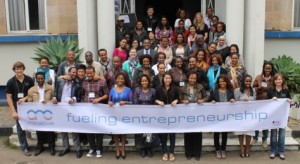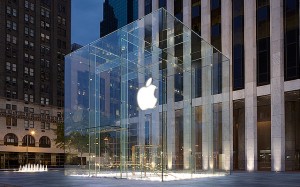“If the United Nations was fully funded why would we need the Arc or social enterprise?”
The UN is represented by a cluster of individual leaders, all of which have their own goals and ambitions. Collectively, they represent a democratic society in which they make decisions that are supposed to benefit all those associated for the amelioration of society, but individually, they are only aiming to succeed in their personal areas of interest. Although the UN directs sustainability programs and involves itself with philanthropy projects, their underlying goal is the opposite of “generat[ing] social value – not wealth”. Naturally, the large population of members in the UN causes inefficiency to take immediate action due to the lengthy process of first generating a feasible solution to a potential problem, then proposing a bill, then voting on it, and at last, if all (or most) members are in agreement with the proposal, finally the bill is passed.
Due to this inefficiency, social enterprise must exist to effectively find the rightful approaches to solving issues in global communities. Compared to the population of the UN, social entrepreneurs only make up a fraction of that population, and with a lower number of objecting voices, it is easier for them to agree on a resolution – thus, productivity levels will increase. Social entrepreneurs are genuinely passionate about their work, and they are self-driven to give help wherever help is needed. A crucial factor to the importance of social enterprises, like The Arc Initiative, is that all the social entrepreneurs are selfless and only seek to improve the lives of other people.
Even if the UN was fully funded, I believe that many important social issues would still be overlooked unless social entrepreneurs are available to tackle those matters. Social enterprises significantly support the well-being of global communities, and their importance is recognized by the lives that they have helped change for the better.









